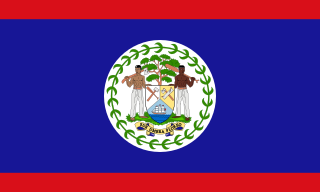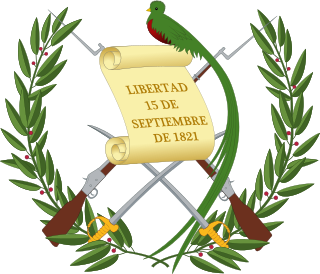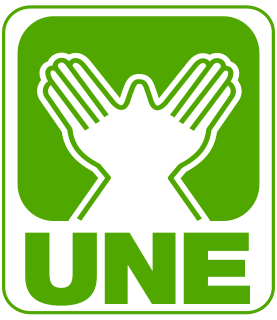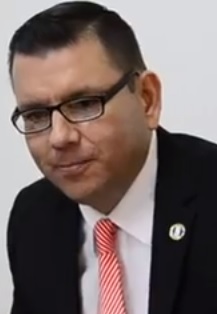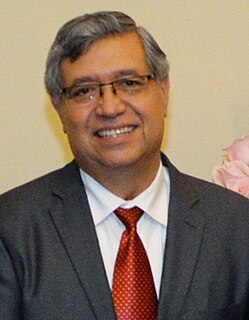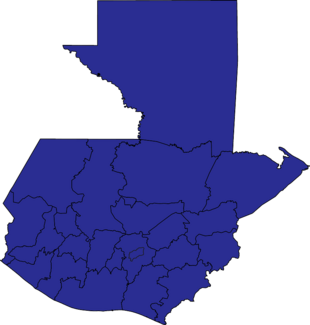This article may be expanded with text translated from the corresponding article in Spanish. (August 2015)Click [show] for important translation instructions.
|
| ||||||||||||||||||||||||||
| ||||||||||||||||||||||||||
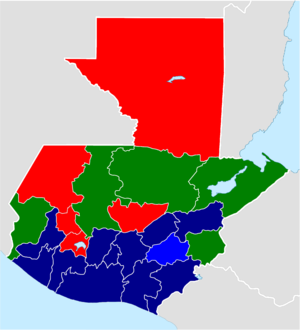 Results of first round by department: dark blue for Morales; red for Baldizón; green for Torres; and light blue for Estrada. | ||||||||||||||||||||||||||
| ||||||||||||||||||||||||||
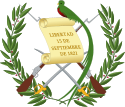 |
|---|
| This article is part of a series on the politics and government of Guatemala |
Executive |
Legislature |
| Judiciary |
General elections were held in Guatemala on 6 September 2015 to elect the President and Vice President, all 158 Congress deputies, all 20 deputies to the Central American Parliament, and mayors and councils for all 338 municipalities in the country.
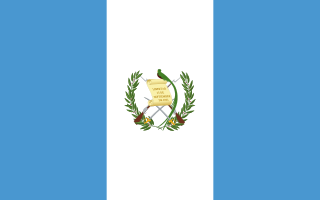
Guatemala, officially the Republic of Guatemala, is a country in Central America bordered by Mexico to the north and west, Belize and the Caribbean to the northeast, Honduras to the east, El Salvador to the southeast and the Pacific Ocean to the south. With an estimated population of around 16.6 million, it is the most populated country in Central America. Guatemala is a representative democracy; its capital and largest city is Nueva Guatemala de la Asunción, also known as Guatemala City.

The President of Guatemala officially known as the President of the Republic of Guatemala, is the head of state and head of government of Guatemala, elected to a single four-year term.

Vice President of Guatemala is a political position in Guatemala which is since 1966 elected concurrently with the position of President of Guatemala. The current Vice President is Jafeth Cabrera.
Contents
- Background
- Possible Belize referendum
- Electoral system
- Campaign
- Presidential candidates
- Opinion polls
- Results
- President
- Congress
- Reactions
- References
- External links
The Renewed Democratic Liberty became the largest party in Congress with 44 seats. Since no presidential candidate received more than 50% of the vote, a run-off took place on 25 October. Jimmy Morales won the contest, taking 67.4% of the vote, in a landslide victory over Sandra Torres.
Renewed Democratic Liberty was a centre-right political party in Guatemala.

Jimmy Morales is a Guatemalan politician, actor, screenwriter and director, who won the 2015 Guatemalan presidential election and has served as President of Guatemala since January 2016. He joined the National Convergence Front (FCN/Nation) party in 2013 and became its General Secretary. Prior to his entry into politics he was a comic actor.
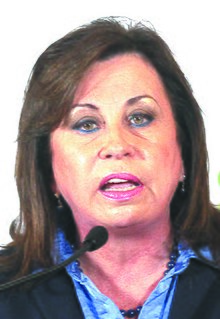
Sandra Julieta Torres Casanova is a Guatemalan politician and current presidential candidate who was First Lady of Guatemala from 2008 to 2011, as the wife of President Álvaro Colom Caballeros. She was the runner up of the Presidential election of 2015 in the runoff against Jimmy Morales.
It was the first presidential election since 1999 in which the runner-up of the previous contest did not then go on to win.




